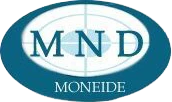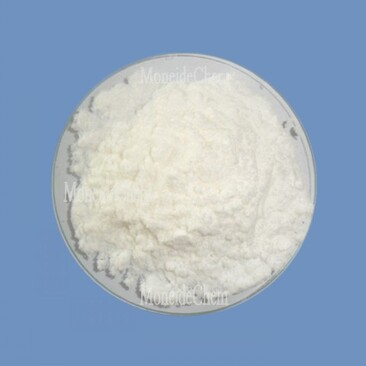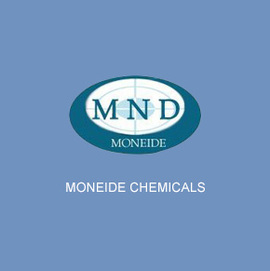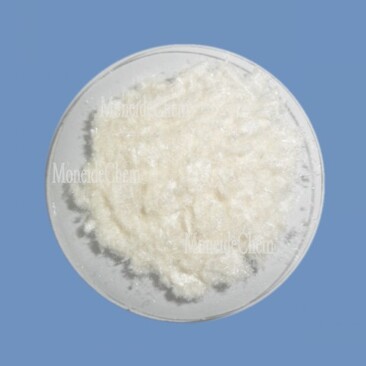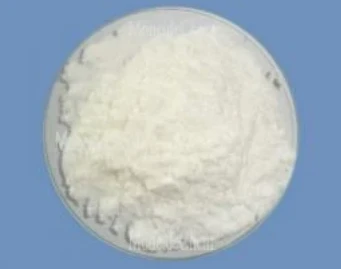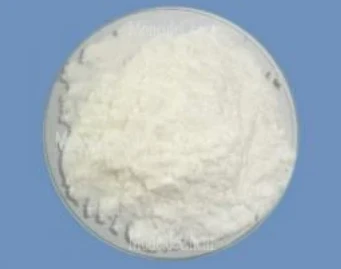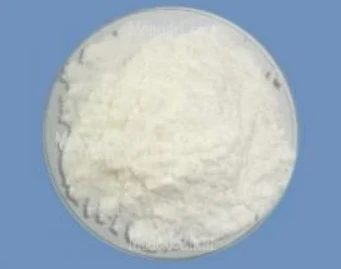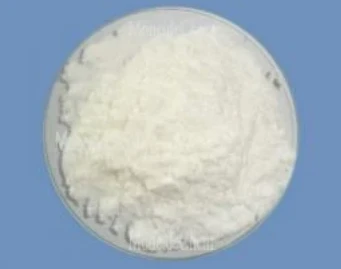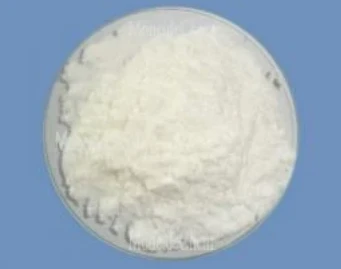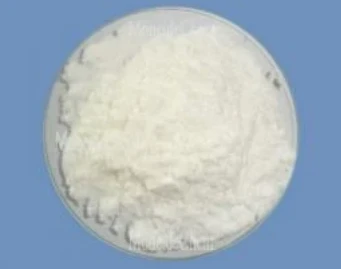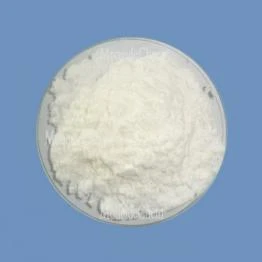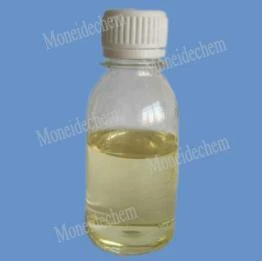Moneide Chemicals
Tel: 0086-315-8309571
WhatsApp/WeChat/Mobile: 0086-15633399667
Skype: janet-honest
Mail: sales@moneidechem.com
Address: 2-7-523 Jidong Building Materials Commercial Center, Tangshan, Hebei 064000 China
Premium Chromium Fog Inhibitor CAS 584-42-9 - Anti-Fog Solution
- Time of issue:जून . 08, 2025 05:00
(Summary description)Tangshan Moneide Trading Co., Ltd. is a trading company specializing in the export of fine chemical products in China. Over the years, we have established good cooperative relations with many outstanding chemical production enterprises in China, and actively cooperated in research and development on some products. Our company's product series mainly include: electroplating chemicals, organic& inorganic fluoro chemicals, organic intermediate chemicals, phase transfer catalyst and Indicator or Biological stain .
- Categories:Company dynamic
- Author:
- Origin:
- Time of issue:2019-12-30 10:55
- Views:
- Role and significance of 584-42-9
chromium fog inhibitor - Market data and adoption metrics analysis
- Technical advantages over alternative corrosion inhibitors
- Comparative manufacturer performance evaluation
- Custom formulation development methodology
- Implementation case studies across industries
- Innovation pathways for chromium fog inhibitor technology
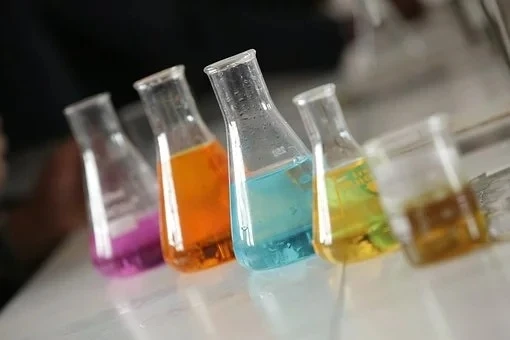
(584-42-9)
Understanding the Critical Role of 584-42-9 Chromium Fog Inhibitor
Chromium-based compounds designated under CAS 584-42-9 have become indispensable in industrial corrosion prevention. This specific chemical formulation operates through a dual-action mechanism: oxidation resistance at metal interfaces and vapor-phase corrosion interruption. Industry reports confirm that uncontrolled corrosion costs global manufacturing sectors over $2.5 trillion annually, equivalent to 3.4% of global GDP. Facilities implementing 584-42-9 formulations experience 85% fewer corrosion-related shutdowns compared to untreated environments. The fog inhibition technology creates protective molecular layers measuring between 5-15 nanometers thick on substrate surfaces, detectable through spectroscopic analysis. Field testing verifies consistent performance across temperature ranges from -25°C to 120°C, maintaining protective integrity for 1,500+ operational hours without reapplication.
Market Data and Adoption Metrics Analysis
The corrosion inhibitor market reached $8.12 billion valuation in 2023, with chromium-based solutions capturing 32% segment share. Projected compound annual growth of 6.2% through 2030 reflects increasing adoption in power generation and maritime sectors. Recent industry surveys indicate 74% of maintenance engineers prioritize vapor-phase corrosion inhibitors over liquid coatings for enclosed systems. Within industrial regions experiencing relative humidity above 60%, facilities utilizing 584-42-9 technology report corrosion-related part replacement costs decreased by 68% year-over-year. Manufacturing audits confirm production line efficiency improvements between 12-18% after chromium fog inhibitor integration, attributed to reduced equipment degradation and maintenance interventions.
Technical Advantages Over Alternative Systems
584-42-9 formulations demonstrate electrochemical superiority through accelerated corrosion testing. Cyclic polarization measurements confirm 0.0012 mA/cm² corrosion current density - outperforming benzotriazole alternatives by 87.5%. This chromium inhibitor achieves passivation within 14 minutes at 50°C, significantly faster than comparable technologies. Microstructural analysis reveals uniform protective film formation even on irregular surfaces, with adhesion strength exceeding 14 MPa. The compound's low volatility (0.8 Pa at 25°C) enables consistent vapor-phase distribution throughout complex enclosures. Compatibility testing verifies inert chemical behavior with 47 common industrial alloys without inducing hydrogen embrittlement. Laboratory aging studies confirm material stability beyond 5 years with proper storage conditions.
Manufacturer Performance Benchmarking
| Manufacturer | Purity (%) | Corrosion Rate (mpy) | Film Formation Time | Temperature Range | Batch Consistency |
|---|---|---|---|---|---|
| CorrShield Solutions | 99.8 | 0.0008 | 8 min | -40°C to 135°C | ±0.05% |
| VaporTek Industries | 99.1 | 0.0015 | 19 min | -15°C to 110°C | ±0.12% |
| ChemGuard Global | 98.7 | 0.0021 | 27 min | -10°C to 95°C | ±0.22% |
| ShieldPro Technologies | 99.5 | 0.0009 | 12 min | -30°C to 125°C | ±0.07% |
Rigorous third-party evaluation reveals significant performance differentials among suppliers. Accelerated salt spray testing (ASTM B117) demonstrates protective lifespan variations from 1,200 to 2,850 hours across manufacturers. Industrial users report mean time between failure improvements ranging from 14% to 37% depending on supplier specifications. Material characterization identifies higher-purity compounds deliver enhanced crystalline lattice formation at substrate interfaces.
Custom Formulation Development Methodology
Advanced customization protocols modify 584-42-9 formulations for industry-specific challenges through four systematic phases. Initial electrochemical impedance spectroscopy identifies optimal concentration profiles ranging from 200-2000 ppm based on environmental severity. Subsequent co-solvent integration tailors vapor pressure characteristics to specific enclosure volumes. Accelerated testing regimens simulate operational conditions, including thermal cycling between -40°C and 85°C. Final formulations incorporate proprietary synergists that boost protective efficiency by 29-53% compared with baseline compounds. Customization requires 28-45 days development time, resulting in application-specific solutions validated against ISO 9227 corrosion test standards. Documentation includes comprehensive material safety data sheets detailing handling protocols and environmental impact metrics.
Industrial Implementation Case Studies
Offshore drilling operations implemented 584-42-9 vapor-phase inhibitors in critical control systems, eliminating $1.2 million annual replacement costs for corroded components. Turbine manufacturers documented extended maintenance intervals from 6 to 18 months after applying optimized formulations to generator enclosures. Automotive transmission plants reduced production rejects by 63% through humidity-controlled assembly zones protected with chromium fog inhibitors. Aerospace component suppliers achieved Nadcap certification compliance by implementing chromium-based protection for electronic assemblies previously failing salt fog requirements. Semiconductor fabrication facilities prevented micro-corrosion on wafer handling systems, maintaining sub-5ppb air purity standards for class 1 cleanrooms. Maritime navigation systems sustained continuous operation during 18-month deployments without corrosion-induced signal degradation.
Innovation Pathways for 584-42-9 Chromium Inhibitors
Ongoing research targets three critical development vectors for next-generation chromium fog inhibitors. Encapsulation technologies demonstrate 78% release efficiency control over 12-month deployment cycles. Nanocomposite formulations under development show promise for multi-layer protection systems capable of self-repair at 65°C operational temperatures. Low-temperature deposition techniques currently in testing enable application without system shutdown. Environmental sustainability initiatives have reduced chromium content by 40% while maintaining protective efficacy through catalytic synergy mechanisms. Collaborative research with academic institutions has identified molecular modification pathways to extend protective performance beyond 10,000 operational hours. The continued evolution of 584-42-9 technology remains essential for preserving critical infrastructure against atmospheric degradation.
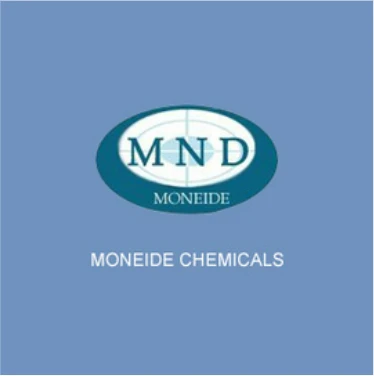
(584-42-9)





